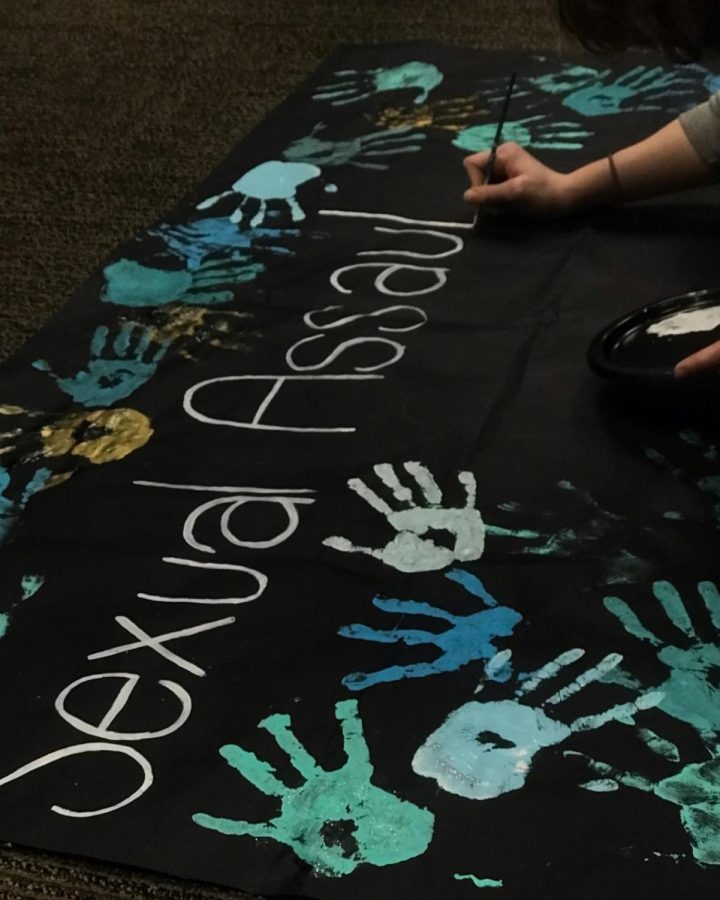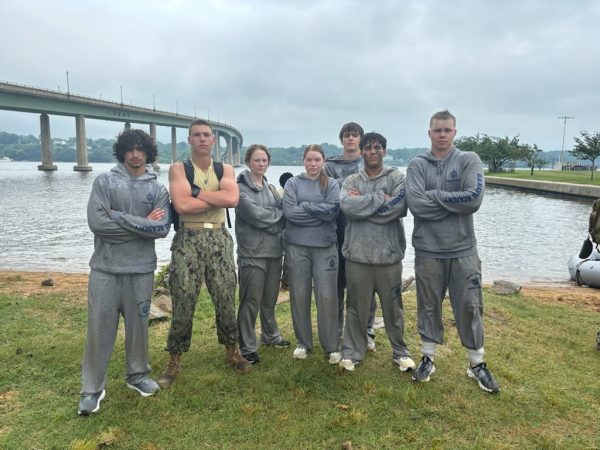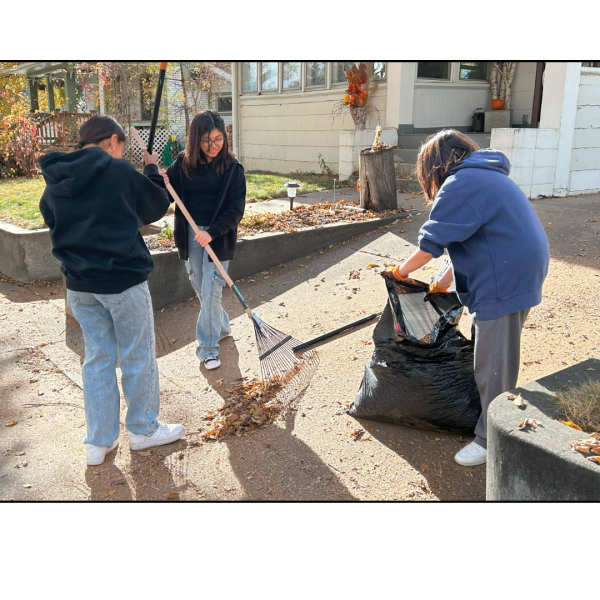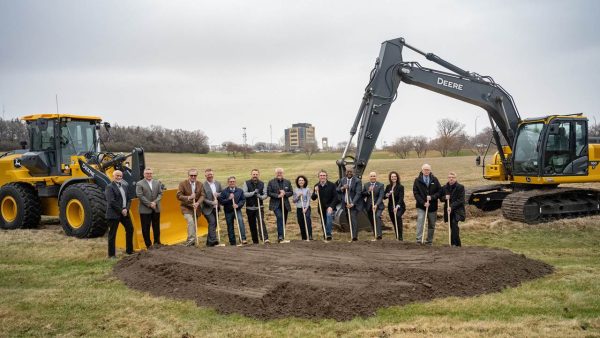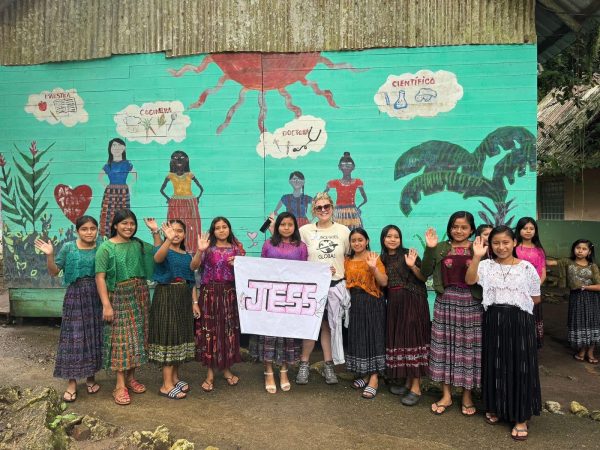Sexual Assault Awareness Month
With sexual assault awareness month coming to an end, the discussion of sexual assault and sexual violence is just as important as ever.
Due to the sensitivity of this topic, the writer chose to use pseudo names.
“What were you wearing?”, “Did you say no?” and “Well, did you lead them on?” are all phrases people who have been sexually assaulted are constantly being told after coming out about their experience. Sexual assault is a sensitive topic of discussion and one that many people are simply afraid to talk about or are made uncomfortable by. This is a problem that stems from people being misinformed about the topic or not having a chance to discuss or learn about it.
“It is not one of the main reasons [sexual assault] students come visit with us,” BHS counselor Savannah Hogue said. “But it is something that all of us counselors, myself included, have had students come in and talk about something that happened to them or a friend.”
Every 68 seconds, someone is sexually assaulted in the US, whereas every 8 seconds, someone is sexually assaulted in the world, according to a report conducted by the Rape, Abuse & Incest National Network (RAINN). Most people have heard about sexual assault and understand that it is an issue, but many do not understand how big of an issue it is or how many people actually get sexually assaulted. A large majority of victims are 12 to 17 years of age, which is right in the high school and middle school age range. Countless schools are not even discussing it, despite there being many websites online that show how to go about raising awareness in a school setting.
“Reach out to somebody – and when I say somebody, I think an adult is going to be the best option,” Hogue said. “Because when you talk to a friend, they can be supportive but a lot of times don’t know the steps to take.”
Victims of sexual assault will suffer from emotional, psychological and even physical damage for their entire life. There are many resources to help people with the effects of sexual assault, although many victims do not know where to go or what to do after they are violated. Victims often feel an emotional toll and find it nearly impossible to feel okay or ready for everyday life after becoming a victim of sexual assault. Most people encourage victims to come out about their experiences but it is not always that easy.
“I would say probably most students who have dealt with something like this are not coming to us, which is what I am thinking, which is really unfortunate. It is kind of hard for kids to do and deal with on their own. If it is a student coming in on their own – I just wish that happened more often,” said Hogue.
According to RAINN, around 93 percent of victims actually know their perpetrator personally, whether that be acquaintances or family members. Additionally, one in nine girls will experience sexual assault from an adult before the age 18. This shows how common it is for someone to be violated by someone they knew or were told to trust, making it hard for them to seek help or speak up about it, whether that be due to threatening life circumstances, their reputation or their relationships. The perpetrators can also be complete strangers. Although it is not very common, it does happen and is equally as important to talk about.
“They were complete strangers, I had never seen them before in my life and they took me when I least expected it. I thought I was completely safe where I was,” Sam spoke up about her experience.
Many victims find seeking help difficult because of the ongoing knowledge that in most cases, the offender will not be prosecuted or receive any sort of punishment. According to RAINN, out of 1,000 sexual assaults, only 310 will get reported to police, 50 of those 310 will get arrested, 28 of those 50 will get a felony conviction and 25 of those 50 will be incarcerated. Those numbers are very low and show that only around 31 percent of victims actually report their assault to the police and only 2.8 percent will get charged with a felony conviction. These statistics alone are proof that most victims do not report it, and the ones that do, almost never end up getting any closure or the perpetrator does not get any sort of punishment.
“I guess I would say that when those types of things like sexual assault or harrassment happen, I think it is important for them to know that they didn’t cause those things or that it is not their fault – I know a lot of guilt can come with that,” Hogue said.
A lot of times, after it happens, the victim blames themselves. With things like, “what were you wearing?” or “you should have said no,” victims find themselves feeling more guilt over the situations.
“I thought that maybe it was my fault or that if I just wouldn’t have gone out that night then it would have been fine,” Sam said.
After a while, victims of sexual assault may start to realize that it is truly not their fault, although some people never come to that conclusion.
“I’ve kind of gotten over the feelings of feeling like it is my fault, but I still feel the effects of it,” Avery said.
Because of the controversy and sensitivity of the topic, many feel that sexual assault is not talked about often enough, nor are the victims always believed. Because of this, many of them have never gone to the police or even a counselor and do not plan to, which can create a problem in itself.
“I never talked to any professional, and I kind of wish that I would’ve, but I think it is too late now,” Sam said.
Overall, victims of sexual assault and sexual abuse should know that it is not their fault, has never been their fault and will never be their fault. There are always ways to reach out and many resources to support seeking help.
“You shouldn’t feel disgusting because people do not know how to control themselves,” Avery said. “It was never your fault.”
If you or someone you know is a victim of sexual assault or sexual violence, we encourage you to reach out to any of the following resources.
https://victimconnect.org/resources/national-hotlines/
https://www.cawsnorthdakota.org/get-help/
National Sexual Assault Hotline – Available 24/7: 1-800-656-4673
National Suicide Hotline: 988
Your donation will support the student journalists of Bismarck High School. Your contribution will allow us to purchase equipment and cover our annual website hosting costs.
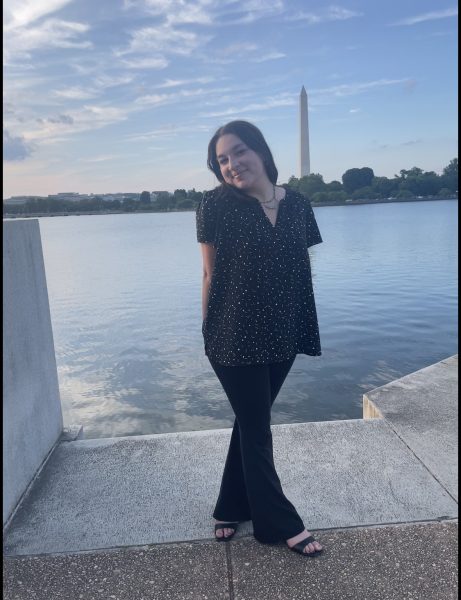
Hannah is a very chaotic person. She can often be found writing poetry, going on walks with her dogs or crying over her busy life.

